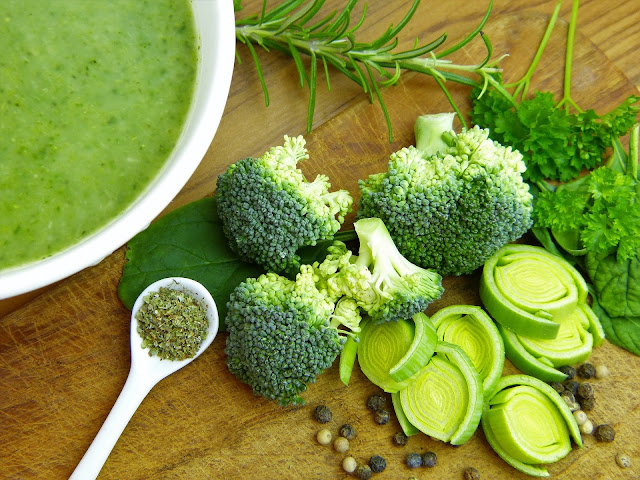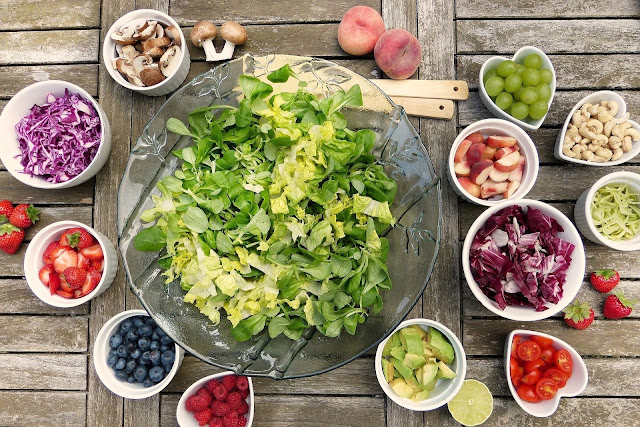Diabetes diet
The aim of diet control is to reduce the blood sugar to normal and maintain a constant blood sugar level. 45-50% of energy intake should be in the form of carbohydrates. Complex carbohydrates are preferable to simple sugars. Carbohydrates and calories should be evenly distributed through the day.
- Meals must not be missed.
- An insulin dependent diabetic may have snack between meals.
- Sugar and sugar-containing food/drinks should be avoided.
- It is only recommended when a patient feels faint, or ill and cannot eat normally.
- It is also recommended that, for diabetics a snack should be taken before and after playing sport.
Nutrition and physical activity are important parts of a healthy lifestyle when you have diabetes. Along with other benefits, following a healthy meal plan and being active can help you keep your blood glucose level, also called blood sugar, in your target range. To manage your blood glucose, you need to balance what you eat and drink with physical activity and diabetes medicine, if you take any. What you choose to eat, how much you eat, and when you eat are all important in keeping your blood glucose level in the range that your health care team recommends.
Becoming more active and making changes in what you eat and drink can seem challenging at first. You may find it easier to start with small changes and get help from your family, friends, and health care team.
Eating well and being physically active most days of the week can help you
keep your blood glucose level, blood pressure, and cholesterol in your target ranges
lose weight or stay at a healthy weight
prevent or delay diabetes problems
feel good and have more energy
Healthy diabetic eating includes
- Limiting foods that are high in sugar.
- Eating smaller portions, spread out over the day.
- Being careful about when and how many carbohydrates you eat.
- Eating a variety of whole-grain foods, fruits and vegetables every day.
- Eating less fat.
- Limiting your use of alcohol.
- Using less salt.


Impressive, Nice informative blog, it is really helpful to weight loss. like your work we also share health information for the community or individuals, that help to choose the best way about their health.
ReplyDelete